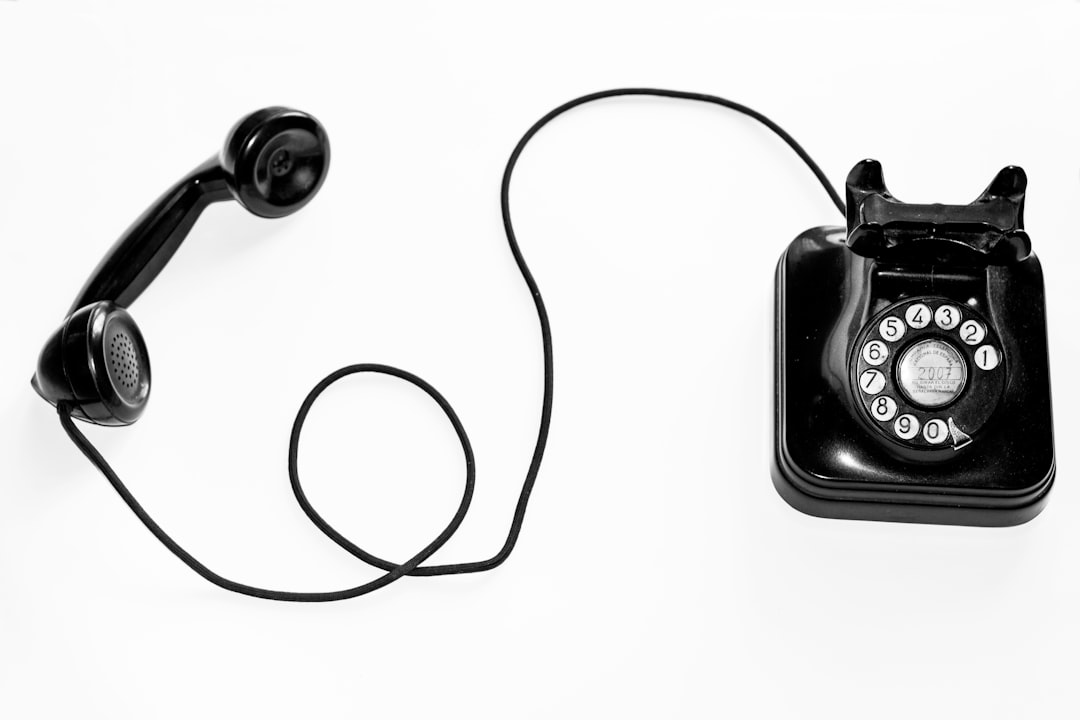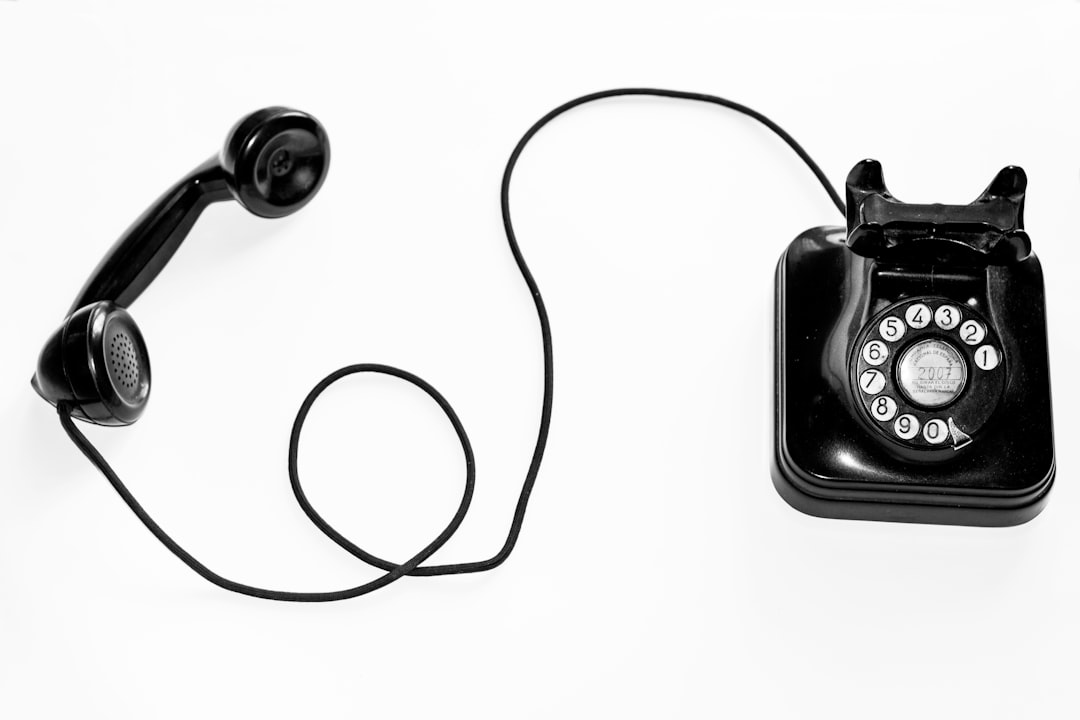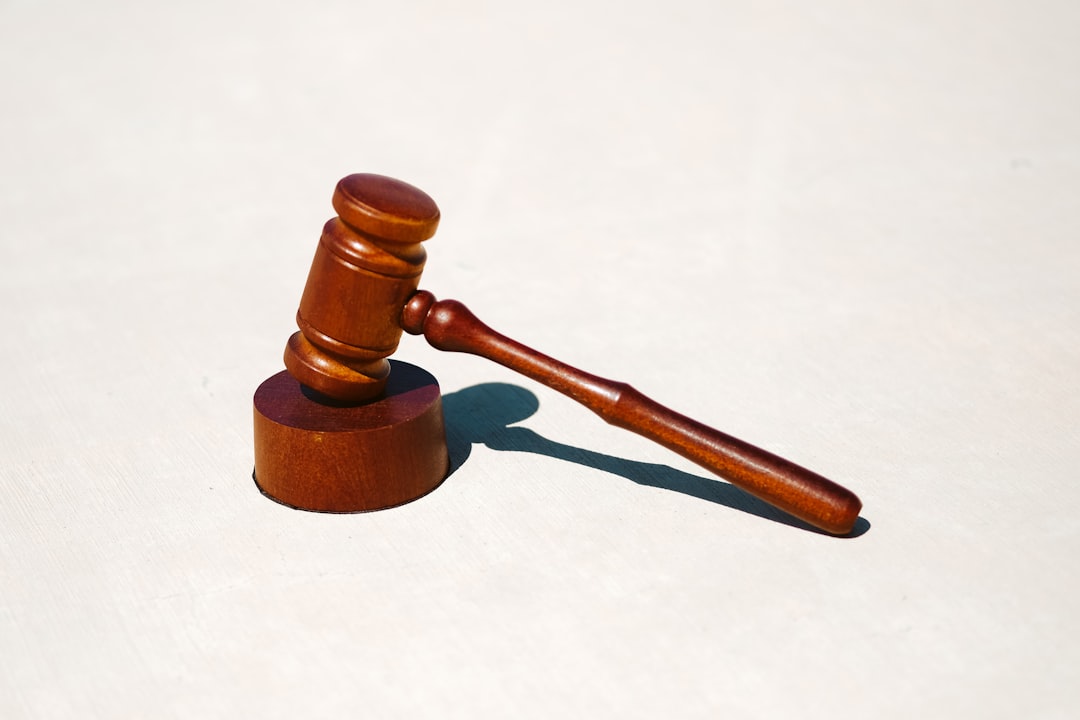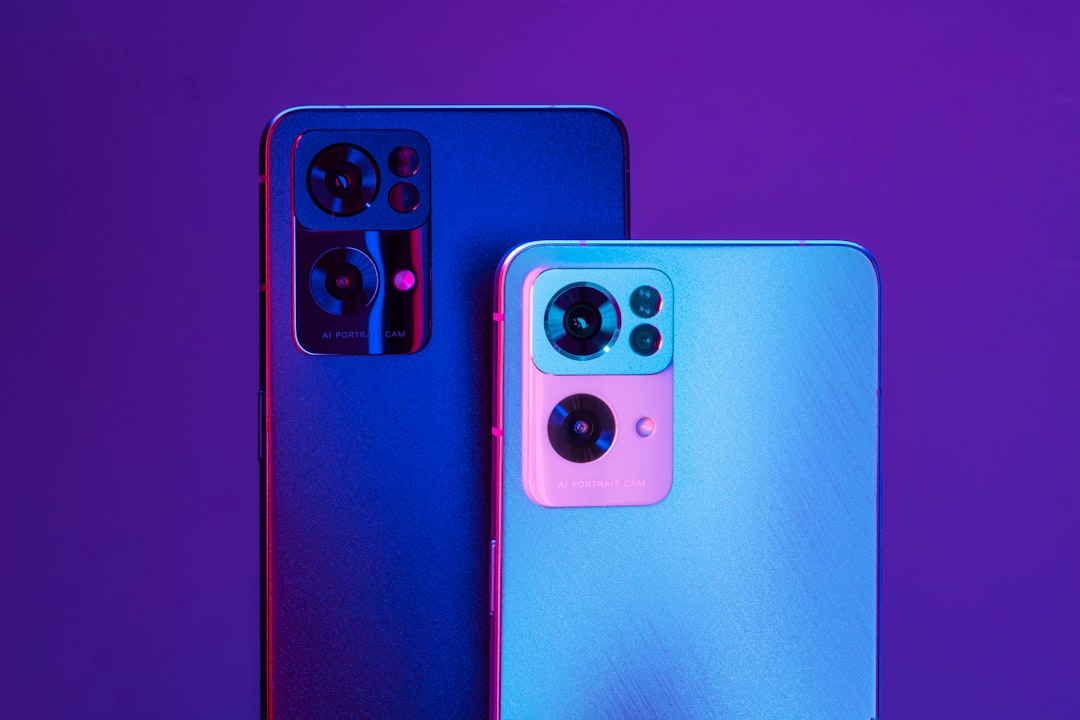In Virginia, robocalls are regulated by the Telephone Consumer Protection Act (TCPA), allowing consumers to sue for damages if they receive unauthorized marketing calls. Documenting call details is key for legal action or complaints to the FTC. Luray Caverns raises awareness about consumer rights and options, including consultation with specialized attorneys. Proactive measures like registering on the National Do Not Call Registry and using call-blocking apps enhance protection against robocalls in Virginia (Can I Sue For Robocalls Virginia?).
In today’s digital age, unwanted phone calls, or robocalls, have become a prevalent and frustrating issue. If you’re asking, “Can I sue for robocalls in Virginia?” this article is your guide. We explore the legal rights of Virginia residents and how iconic destinations like Luray Caverns are contributing to consumer protection. Learn about when and how to take legal action against telemarketers and discover effective strategies to safeguard your phone from these intrusive calls.
Understanding Robocalls and Legal Rights in Virginia

Robocalls, or automated telephone calls, have become a ubiquitous and often unwanted part of modern communication. In Virginia, as in many states, laws are in place to protect residents from these intrusive calls, particularly those made for marketing purposes. Understanding your legal rights is crucial when dealing with robocalls.
If you reside in Virginia, the Telephone Consumer Protection Act (TCPA) grants you significant protections against unsolicited telephone marketing calls, including robocalls. This federal law allows you to take legal action if you receive such calls, and even sue for damages if the violations are willful or knowing. The TCPA specifically addresses the issue of “Can I sue for robocalls in Virginia?” by empowering consumers with the right to seek compensation for each violation, which can lead to substantial monetary rewards.
When Can You Sue for Unwanted Phone Calls?
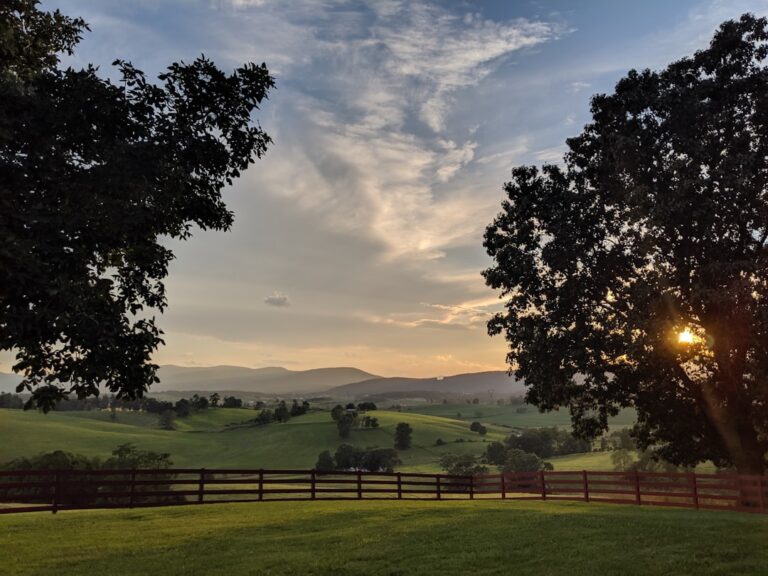
In Virginia, and across the country, unwanted phone calls, commonly known as robocalls, have become a prevalent nuisance. While many people tolerate these calls, there are instances where such actions can be considered illegal and lead to potential legal recourse. You may have grounds to sue for unwanted phone calls if you’ve experienced repeated or persistent robocalls, especially when they violate specific laws designed to protect consumers from intrusive marketing practices.
The Telephone Consumer Protection Act (TCPA) is a federal law in the United States that places restrictions on automated telephone marketing and provides a private right of action for individuals who receive unauthorized calls. If you can demonstrate that you have been harmed by these unwanted phone calls, such as experiencing emotional distress or being disturbed in your daily life, you may be eligible to sue under the TCPA. It’s important to document the calls, including dates, times, and any identifying information provided by the caller, which can serve as evidence if a lawsuit is pursued.
The Role of Luray Caverns in Consumer Protection

Luray Caverns, a natural wonder and popular tourist destination in Virginia, has been making headlines for more than just its stunning geological formations. In recent years, it has taken on an unexpected role in consumer protection, particularly regarding robocalls. With the growing issue of unwanted and fraudulent phone calls, many consumers are left wondering if they have any recourse—and this is where places like Luray Caverns can provide insights.
The proliferation of robocalls has led to a rise in consumer complaints, especially in Virginia, where laws against such practices are stringent. If you’ve received suspicious or harassing phone calls, knowing your rights under the law is essential. Can I sue for robocalls in Virginia? Absolutely, say legal experts. By understanding your options and taking proactive measures, consumers can protect themselves from these unwanted intrusions. Luray Caverns’ role here is to educate and empower visitors on their rights, ensuring they are equipped to navigate any potential phone protection issues that may arise.
Legal Actions Against Telemarketers: What to Do

If you’re experiencing a relentless barrage of unwanted robocalls, knowing your rights and available actions is essential. In Virginia, as in many states, telemarketing laws are in place to protect consumers from deceptive or annoying calls. If you believe a company or individual has violated these regulations, legal action may be an option.
The first step is to document the calls, including dates, times, and the content of the messages. This evidence can be crucial if you decide to file a complaint with the Federal Trade Commission (FTC) or take legal action in court. The FTC offers guidelines and resources for consumers facing robocalls, and they can help investigate potential violations. In Virginia, consulting with an attorney specializing in consumer protection laws is also advisable, especially when considering whether to sue for robocalls.
Effective Phone Protection Strategies for Virginia Residents
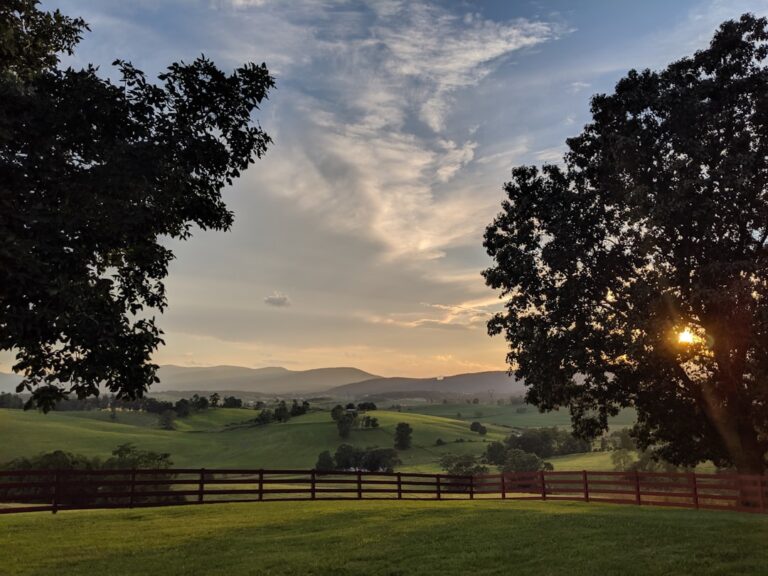
Virginia residents face a constant onslaught of unwanted phone calls, from marketing messages to scam artists and robocalls. If you’re considering legal action against these relentless intruders, it’s important to understand that the first line of defense is effective phone protection strategies. One powerful tool in your arsenal is registering your number on the National Do Not Call Registry, which can significantly reduce the volume of marketing calls you receive.
Additionally, leveraging technology offers robust protection. Apps designed for call blocking and identifying unknown callers can act as a digital bouncer, screening out unwanted and suspicious calls. Furthermore, staying informed about consumer rights in Virginia regarding robocalls, including the ability to sue for damages, empowers residents to take proactive measures against these intrusive practices.

